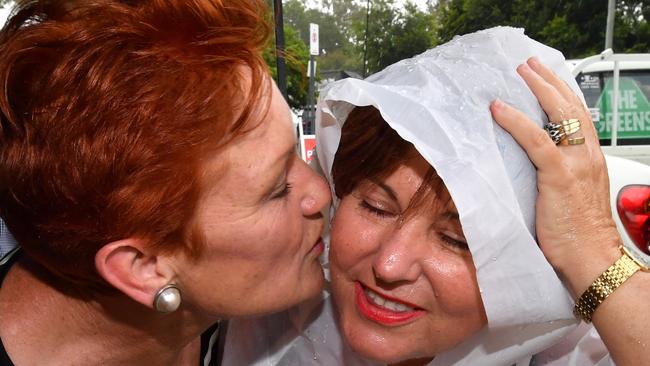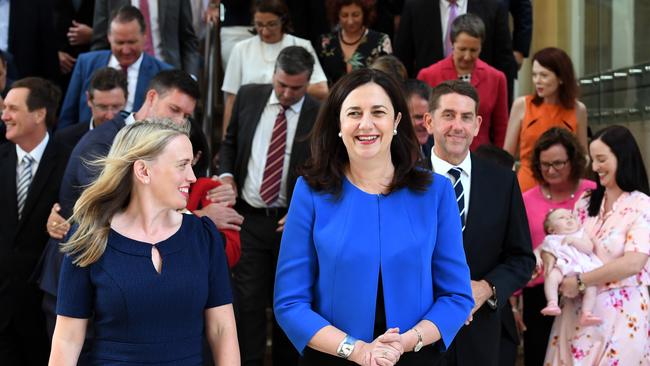Queensland Election 2017: LNP deal with One Nation the point of difference for voters
FOR two sides of politics not offering radically different approaches to government, the preparedness to play footsies with Pauline Hanson is a crucial point of difference, writes Paul Syvret.
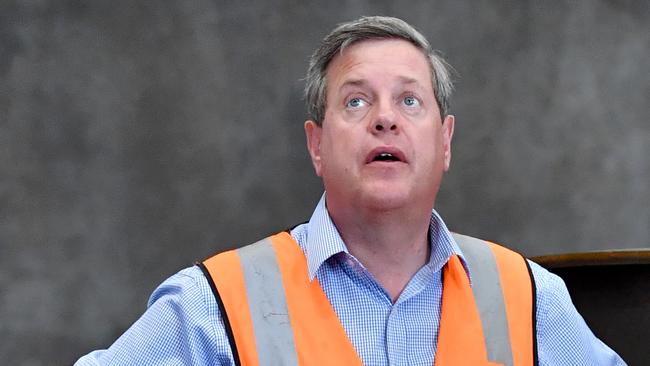
QLD Election
Don't miss out on the headlines from QLD Election. Followed categories will be added to My News.
TRUST in politics is too often a commodity that comes a distant second to self-interest and expediency.
Quite simply many voters just don’t believe the various hand-on-heart, fingers-crossed promises made during the heat of an election campaign. Why would they after having been burned so often in the past?
That said I believe Opposition Leader Tim Nicholls when he says that an LNP government will not seek to reboot the Newman era with a series of deep spending cuts, public service job losses and asset sales.
Yes, as Newman’s Treasurer, Nicholls may have been the architect of many of the policies that saw a first term government with the largest parliamentary majority in Australian history swept ignominiously from office.
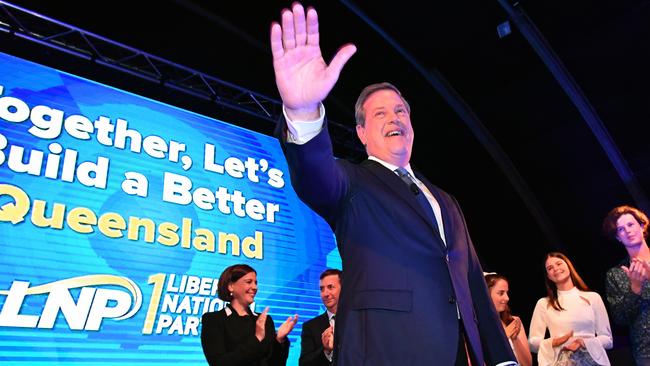
Yes, he deserves to wear much of the blame for a government that will be remembered for its hubris and broken promises in everything from environmental management to forced public service redundancies.
Nicholls is, however, certainly not stupid, and is a man capable of learning from what were ultimately very costly mistakes.
A neoliberal approach to economic management, a belief in small government and the outsourcing of services may run in Nicholls’ veins, but so too does a desire to win – and retain – government.
He lived through what happened in 2015.
He also saw the public turn viciously against the federal government following its savage 2014 Budget which absolutely trashed then-prime minister Tony Abbott’s pre-election pledge of “no cuts to education, no cuts to health, no change to pensions, no change to the GST and no cuts to the ABC or SBS”.
For this reason, I don’t expect a Nicholls government would suddenly unveil a too-sneaky-by-half “asset leasing program” or embark on another expensive Commission of Audit to use as a smoke screen for a new round of austerity.
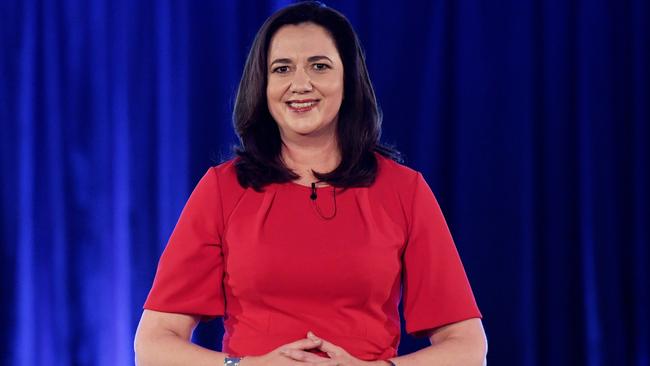
This is why Nicholls, like the Palaszczuk Government, has not placed fiscal management front and centre during the campaign, and why neither has offered any immediate solution or panacea for reducing the state’s debt burden.
Both sides are, in broad terms, taking a “stabilise the balance sheet” approach and let economic growth and rising tax receipts tackle the problem over the course of the economic cycle, rather than engaging in the hyperbole of “power dives into the abyss”.
Until Nicholls releases his costings we can’t be sure how he’s going to pay for promises such as infrastructure spending and power price relief, but you would expect the usual scrapping of Labor programs and the rebranding and repackaging of others, all the while being careful not to scare the proverbial horses.
Likewise, Annastacia Palaszczuk is only too aware of voters’ intense dislike of post-election surprises.
She watched the relentless assault on Julia Gillard over the “no carbon tax” pledge, and saw the Bligh government in Queensland annihilated in part due to a sudden and unheralded privatisation push.
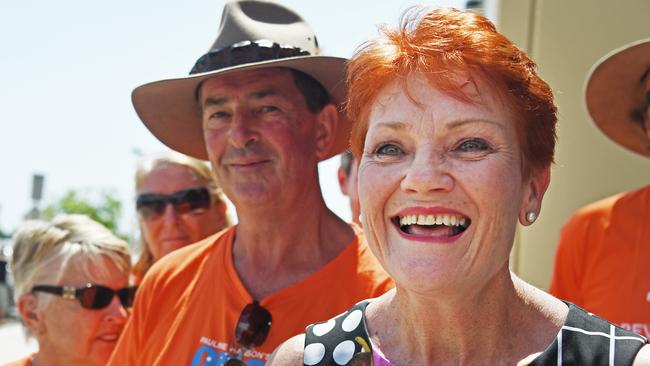
That’s why, in the event of Labor failing to win a majority in its own right, I trust her to honour her pledge not to attempt to form government with the support of One Nation. It’s why I believe her when she says: “Sometimes you’ve got to stand on your principles and I will stand on my principles ... if that means going into opposition, we’ll go into opposition.”
By the same token, I also believe Tim Nicholls when – after fudging on the issue for too long – he says: “I am happy to work with whoever is there – it’s not just One Nation, there are potentially many other people depending on how the vote goes.”
For two sides of politics not offering radically different approaches to government – and both somewhat constrained by a debt-heavy balance sheet – the preparedness to play footsies with One Nation is a crucial point of difference.
Personally, I think either side with a clear majority would be a better outcome than any minority government that had to deal with One Nation and its views on everything from autistic children being removed from “mainstream” classrooms, to climate change conspiracies, immigration and the evils of halal food.
Anyone trying to negotiate a supply and confidence guarantee with this rabble is going to confront a raft of demands such as scrapping the Cross River Rail link, building a coal-fired power station in north Queensland and a casino on Great Keppel Island, along with watering down gun ownership laws and God only knows what other fringe obsessions.
And for those of us who lived through the unbridled chaos that was One Nation in the Queensland Parliament in 1998 (I was an adviser to then Treasurer David Hamill), the thought of the Hansonites calling the shots from the crossbenches is depressing.
Despite the protestations from both sides that they are in it to win in their own right, the choice here is between Labor or the very real possibility of an LNP-One Nation hybrid.
Originally published as Queensland Election 2017: LNP deal with One Nation the point of difference for voters


